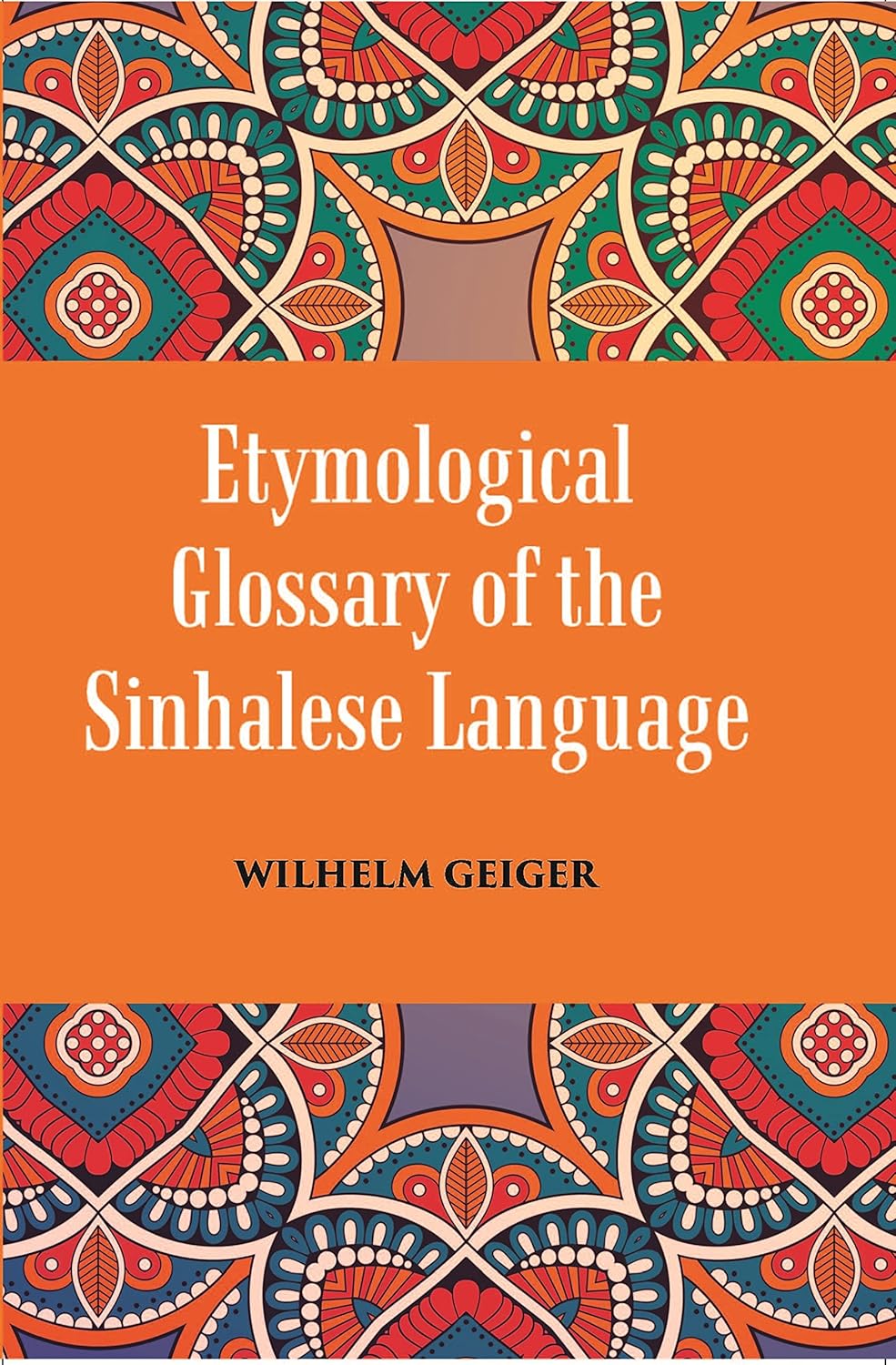An Etymological Glossary of The Sinhalese Language - PAPERBACK
An Etymological Glossary of The Sinhalese Language - PAPERBACK
Couldn't load pickup availability
A large number of Sinhalese Lithic records and many important classical texts have been carefully examined and edited by competent scholars after the publishing of author’s book on Etymologie des Singhalesischen in 1897.With the new materials thus made available, and in the light of studies in Indo-Aryan linguistics carried on in the meantime by himself and other specialists scholars, the writer of this book revised the glossary and prepared the present enlarged edition. This, as well as his Sinhalese Grammar, he considered as a part of his work on the Sinhalese Dictionary and gifted it. The author did not send his Manuscript with an account of his sources and authorities. The list appended below was prepared by him, so far as he was able to ascertain them. Abbreviations used by the author were considered to be too well known to need a similar list. So, the value of this Etymological Glossary is inestimable, especially to those who are interested in Indo-Aryan linguistics. ABOUT THE AUTHOR:-Wilhelm Ludwig Geiger was a German Orientalist in the fields of Indo-Iranian languages and the history of Iran and Sri Lanka. He was known as a specialist in Pali, Sinhala language and the Dhivehi language of the Maldives. He is especially known for his work on the Sri Lankan chronicles Mahāvaṃsa and Cūlavaṃsa of which he made critical editions of the Pali text and English translations with the help of assistant translators. He was born in Nuremberg, the son of an evangelical clergyman, and was educated especially at the University of Erlangen-Nuremberg under the Iranian scholar Friedrich von Spiegel. During his studies, he joined the fraternity Uttenruthia. After completing his Ph.D. thesis in 1878, he became a lecturer on ancient Iranian and Indian philology and then a master at a gymnasium. He was offered a chair in Indo-European Comparative Philology at the University of Erlangen, succeeding Spiegel.
Share

